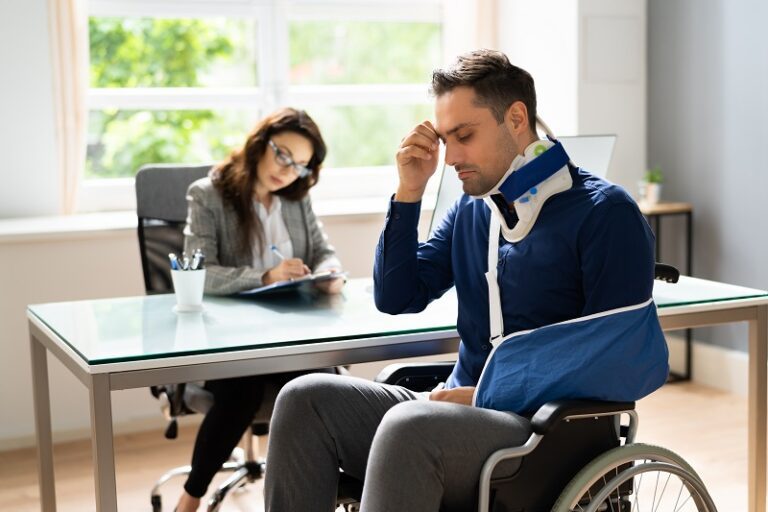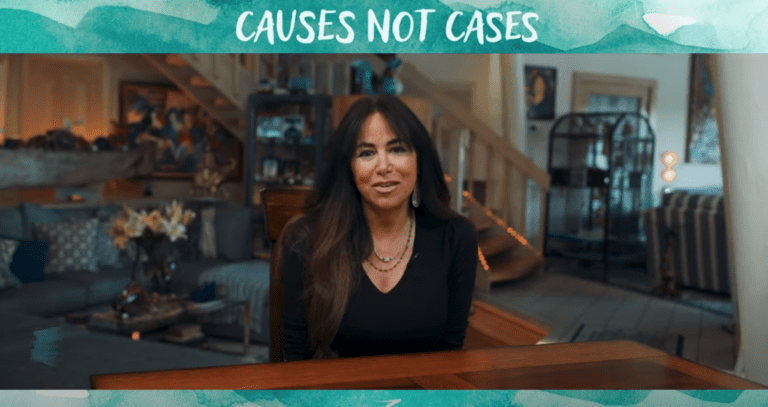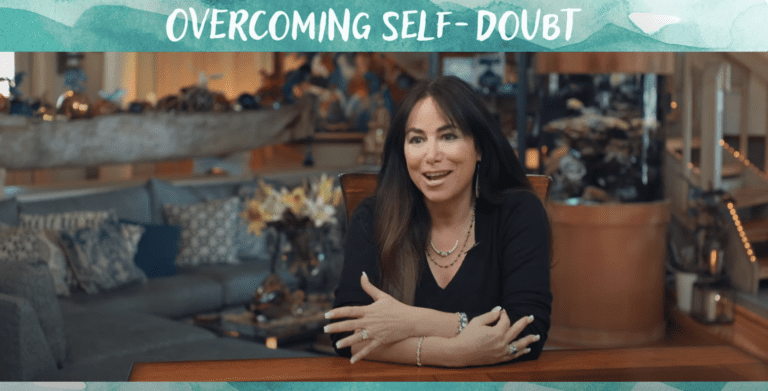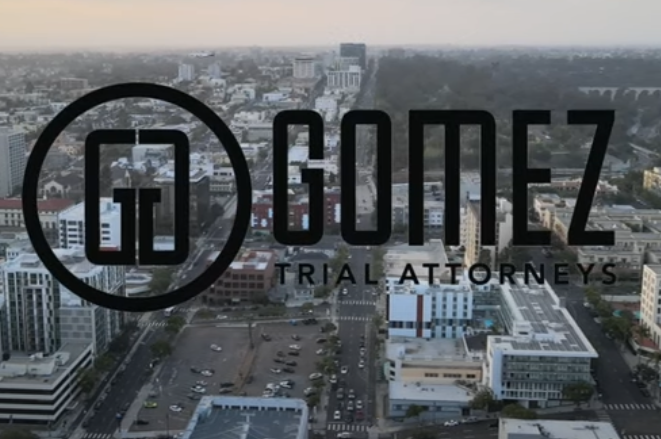Whether you are an avid motorcycle rider or just starting out, you might have already heard of the controversy surrounding motorcycle helmet laws. Read on for more information.
Freedom and Expression on Two Wheels
Motorcyclists are a unique breed. Riding a bike is less of a way to get from one place to the other as it is an expression of one’s personality. You get a feeling when you ride a bike that is like no other. With only a few square inches of rubber meeting the road, it just might be the closest you can get to flying without actually leaving the ground. Bikes can quickly accelerate to speeds you might not even reach in a car, much less a vehicle without doors or much else standing between you and the elements.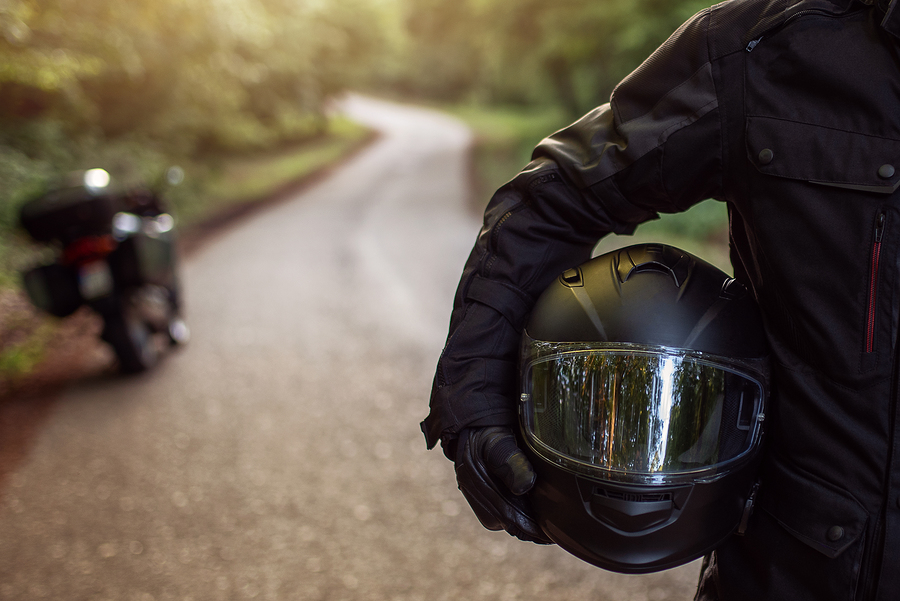
Riding a bike is liberating. Some riders even claim that the experience enhances their senses. Without a barrier of glass and steel between you and the road, not only are you in the middle of what is going on, but your reflexes, reaction times, and participation in maneuvering your bike become critical to remaining upright, whether navigating heavy traffic on the freeway or letting your bike just cruise along a stretch of desert highway.
The controversy resides in the spirit of motorcycling. A certain type of person enjoys riding motorcycles. Images of Marlon Brando riding into town as the Wild One and Denis Hopper and Peter Fonda in Easy Rider defied authority and celebrated the individual. These unconventional, everyday heroes eschewed the trappings of four-door sedans with trunks full of groceries and white picket fences. These were rebels of the open road. Perhaps no other element of Americana evokes the spirit of rebellion, ruggedness, and problems with authority than does the motorcycle.
To many, wearing a helmet spits in the face of these attitudes. The movie industry has made riding without a helmet look fierce, sexy, and enticing, just as it has done with all sorts of other things that aren’t good for your health, if not flat-out deadly, such as smoking.
The Difference Between Man and Machine
The reality is, however, that there is a significant difference between the steel, chrome, and rubber of the machine, and the gooey brains, fat, muscle, and bones of its rider. The rider controls the bike, the bike is a machine, and the only similarity between the two is that both must obey the laws of physics. In a motorcycle crash, you may total your bike, but it’s just a machine—a replaceable, unthinking, unfeeling machine, no matter how much you trick out the forks, paint the gas tank, or customize the frame.
You, in comparison, are a fragile organism run by an even more fragile super-computer: your brain. Your brain is made up of mostly specialized cells called neurons and blood vessels that keep it running on its own very special blend of oxygen. After an impact on a motorcycle at just about any speed, both your brain and your body are extremely vulnerable to the forces acting upon your body in motion. When your body is in motion and is stopped suddenly by an outside force, your brain is susceptible to the kinetic energy and inertia, and unfortunately, the brain has not evolved to endure the impact of a motorcycle accident.
Accordingly, it’s crucial to protect yourself with something that bridges that gap between man and machine. Equipping yourself with a helmet, leathers, gloves, and protective eyewear are all ways to make sure that your body is armored against the impact of the road, other vehicles, and even animal strikes, such as birds, when you are traveling down the road. Any motorcyclist knows that it isn’t a question of if you get into a wreck, but when.
As cool as motorcycles are, they are vehicles that rely on momentarily bending the laws of physics and probability. Rolling down the road at 70mph on a surface area of less than six square inches of rubber, having a few hundred pounds of bike, being driven by a mistake-prone human is going to have its problems eventually.
You need to bridge that evolutionary gap between a person made of fragile flesh and an unthinking machine by wearing protective gear. In California, it isn’t only a good idea, it’s the law.
The Laws
Laws to some might be a killjoy, but they are generally put into practice because they seem like good ideas at the time, and in the case of motorcycle helmet laws, they work to protect riders and their passengers from serious injuries. Only three states in the U.S. have no helmet laws on the books. Such laws were either never enacted or repealed due to pressures from riders adamant about their freedom. New Hampshire, Illinois, and Iowa are the three states without motorcycle helmet laws.
The other 47 states all have helmet laws that include all sorts of specific stipulations, from helmets for passengers of any age or riders under 18, to mandatory protective eyewear and gear while operating a motorcycle. Nineteen U.S. states require riders to wear helmets at all times while operating their bikes. California is one of the states that has adopted universal helmet laws, meaning that passengers and riders must wear a helmet at all times. California enacted its law in 1992, and it has been protecting the skulls of Californian riders ever since.
These laws affect visitors from other states, as well, so it is always a good idea to stay up-to-date on the rules of the road when riding interstate. The best option, legally, as well as for your health and safety, is to just wear a helmet. If you don’t wear a helmet, not only are you putting yourself at risk of being ticketed for breaking the law, but more importantly, you are ignoring the widely accepted understanding that helmets increase safety. Riding without a motorcycle helmet is not only a bad idea, but it can also get you killed.
Hazards of the Road
Riding a bike is tricky enough, with that pesky thing called gravity constantly trying to pull you down to the pavement. Other forces are at work as well to ruin your day. Acceleration and centripetal force keep you on the road, but only if the force goes uninterrupted. Inertia is what you experience when trying to slow down, or especially if you hit something that brings you to an abrupt stop.
Friction gives you traction, allows you to slow down and make controlled stops, but is also what your body will experience if you dump your bike at high speeds. Friction with the pavement can quickly chew through your clothing and down to your skin, giving you a severe case of road rash.
There is a saying amongst motorcycle riders: you don’t dress for the ride; you dress for the slide. Leathers are a good way to armor yourself against falling off your bike, and while waiting for friction to take inertia down a peg or two until you stop sliding. Leathers only offer a limited amount of protection against concussive force and blunt trauma, however, which is where helmets come in.
Common Types Motorcycle Accidents and How a Helmet Can Protect You:
- Bird strikes: Hitting a bird at high speeds can cause you to lose consciousness or, at the very least, temporary control of your bike. You are much more capable of getting through an animal strike without injury if you wear a helmet.
- Dump and slide: Whether you hit a patch of standing water or some loose gravel or sand on the road, those few inches of rubber tire can lose contact and your bike can dump over, bringing you with it. A helmet will protect your skull from the impact as well as the abrasion of the road as you continue to slide at speed. You might also find yourself rolling and tumbling, which could continue to bludgeon your skull and cause internal brain bleeding. Wearing a helmet will help keep you safe if you dump your bike.
- Hitting another vehicle: Anyone who rides a bike knows already that other drivers, especially distracted drivers fiddling with the radio or their cell phones, don’t pay very good attention. As a rider, you have to be prepared for the eventuality of a driver cutting you off, suddenly stomping on the brakes, or clipping you. Wearing a helmet drastically increases your survivability in any accident. Keep in mind that the number of motorcycle collisions continues to increase in our law firm’s home state, steadily rising during the last few years from 176 to 714.
- Acceleration/deceleration trauma: If you are riding a motorcycle, you are increasingly vulnerable to this kind of injury. Your bones, skin, and muscle can only do so much against impacts and collisions. Suddenly going from moving to stopping and moving again at just about any speed can cause damage within the brain. In minor cases, a concussion is essentially when the brain has experienced bruising due to these sudden changes in velocity. More advanced and acute injuries, such as subdural hematoma and intracranial bleeding, are more serious. Time and time again, studies have shown that helmet use can reduce the severity of a brain injury.
- Road rash: As mentioned before, a helmet does a relatively good job of protecting your skin and skull from the abrasive nature of a highway.
- Obstacles: Obstacles exist both on and off the road. If you are out enjoying trails on two wheels, a helmet will help keep branches, sticks, and even flying rocks from ruining your day.
The Benefits of Abiding by Helmet Laws
Helmets offer a great deal of protection to the eyes, ears, and cranium. They work to dampen the energy of an impact as well as protect the wearer from contusions and lacerations. Thus, instead of acting like you’re in Easy Rider, aim more for a soldier who is going into battle (with a helmet).
Helmets exist for a good reason. Fighter jet pilots wear helmets, soldiers wear helmets. Dress like them, and you will better protect yourself.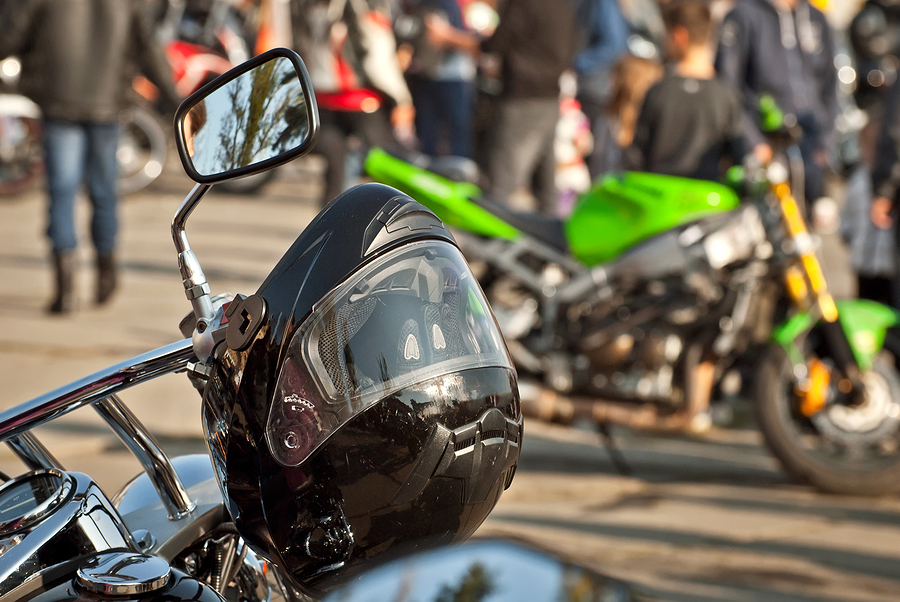
Wearing a helmet doesn’t detract from the experience of riding a bike. Indeed, it can actually make it more pleasurable, since it keeps bugs out of your hair and teeth, reduces wind noise, in some cases lets you communicate to other riders via radio, and lets you listen to your favorite tunes without the howling of the road blocking the sound. Full face visors keep the wind, rain, bugs, and rocks out of your eyes, too. Finally, partial helmets still provide excellent protection, while allowing you to feel the wind on your face and stay cool during those summer rides.
The Reality of a Motorcycle Accident
Helmets are important because of the severity of most motorcycle accidents. Whether it is due to the negligence of other motorists or hitting a deer at speed on a country road, the moment you lose control of your bike and hit the ground could be the moment where everything changes. Motorcycle injuries are very serious. From road rash and contusions to paralysis and even death, you need to protect your greatest asset: your life. Helmets work to do just that.
Because these injuries are so severe, even a minor wreck can result in extensive surgeries, rehabilitation, hospital stays, and chronic pain. Just the post-traumatic stress after surviving an accident is a lot to contend with. Long term therapy, both physical and mental, may help victims deal with the pain and suffering that results from a motorcycle accident. Your passengers are just as susceptible to a wreck as you are, and as the driver, you have a responsibility to protect them as best you can.
Hire a Motorcycle Accident Attorney
If you sustained injuries in a motorcycle accident, contact an attorney. Due to the expenses of hospital bills, pain and suffering, and repairs to your property, an attorney can help you navigate the often tricky legal landscape to help you seek compensation. Your passengers may have suffered injuries as well, and especially if your driving is under scrutiny, you need protection. If you were not wearing a helmet at the time of the accident, you should discuss it with your attorney.
Court battles often prove long and costly, but you need to protect your rights and your livelihood. You can only do so much when protecting yourself from the hazards of the road. Injuries are something that you’ll have to live with forever or until you recover. While you are struggling to recover from your accident, the clock is still ticking when it comes to your case. An attorney works for you while you are working to heal, taking the guesswork and stress out of the situation so that you can get back on two wheels again.


